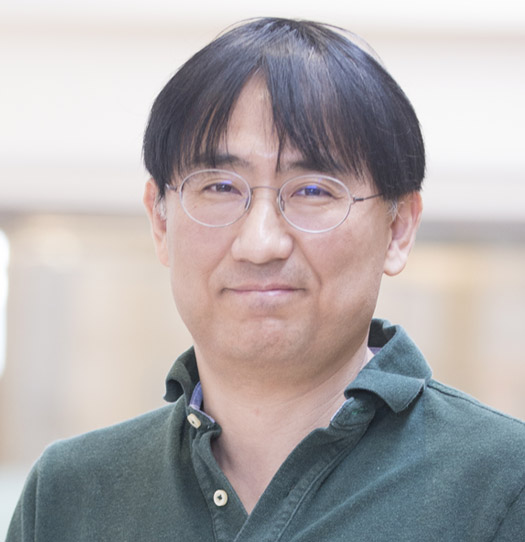
Il-Min Kim received the B.S. degree in electronics engineering from Yonsei University, Seoul, Korea, in 1996, and the M.S. and Ph.D. degrees in electrical engineering from the Korea Advanced Institute of Science and Technology (KAIST), Taejon, Korea, in 1998 and 2001, respectively. From July 1997 to Aug. 2001, he worked as a Member of Technical Staff at the Electronics and Telecommunications Research Institute (ETRI). From October 2001 to August 2002 he was with the Dept. of Electrical Engineering and Computer Sciences (EECS) at Massachusetts Institute of Technology (MIT), Cambridge, USA, and from September 2002 to June 2003 he was with the Dept. of Electrical Engineering at Harvard University, Cambridge, USA, as a Postdoctoral Research Fellow. In 2003, he joined the Dept. of Electrical and Computer Engineering (ECE) at Queen's University, Kingston, Canada, as Assistant Professor. In 2009, he was promoted to the rank of Associate Professor and in 2014 he was promoted to the rank of Full Professor. He has served as Chair of Undergraduate Program (for Electrical Engineering, July 2022 — current) and as Chair of Graduate Program (i.e., Graduate Coordinator, July 2012 — June 2015) in ECE at Queen's University. He is currently Director of Ubiquitous Artificial Intelligence Laboratory (UAI lab), a faculty member of Ingenuity Labs Research Institute, and a faculty member of Queen's Centre for Security & Privacy. Also, he is cross-appointed as Adjunct Professor in the School of Electrical Engineering and Computer Science (EECS) at University of Ottawa.
His research interests are mainly in AI including ubiquitous AI, edge AI, on-device AI, safe AI, universal equity AI, AI governance, AI alignment with human values, foundation models, machine unlearning, data privacy in machine learning, federated learning, distributed learning, continual (lifelong) learning, diffusion models, out-of-distribution (OOD) detection, self-supervised learning, contrastive representation learning, AI for IoT/IoE/IIoT/Mobile Crowd Sensing (MCS), AI-driven 6th generation (6G) wireless systems, AI-driven vehicle to everything (V2X) communications, Geoscience AI (Geo-AI).
He holds a number of patents either issued or pending in U.S., Japan, Germany, and Korea. He received a number of awards including First Prize of the Dense Video Captioning Challenge in CVsports Workshop of CVPR 2024, President Award from the Korean Federation of Science and Technology Societies (KOFST) in 2021, Best Paper Award at UBICOMM 2014, the Best Young Alumnus Award from KAIST in 2004, Gold prize of 2001 Samsung International Paper Contest, and Bronze Prize of 1999 IEEE-Korea Section Paper Contest. At Queen's University, he also received many awards including ECE Best Professor Awards in 2024, 2016, 2011, 2008, 2006, and 2005. He has served as Editor for IEEE Transactions on Wireless Communications, IEEE Wireless Communications Letters, and Journal of Communications and Networks (JCN).
He is a Senior Member of IEEE and a registered Professional Engineer with Professional Engineers Ontario (PEO). He served as Vice-Chair, Programme, for IEEE Kingston Section in 2008.
Research Interests
For more information about Dr. Kim's research, visit the Ubiquitous Artificial Intelligence Lab (UAI Lab) page. Also, visit the Ingenuity Labs Research Institute.
Undergraduate Teaching
Graduate Teaching
Teaching Awards (by student vote)
To view Dr. Kim's publications, please visit the Ubiquitous Artificial Intelligence lab (UAI lab) page.